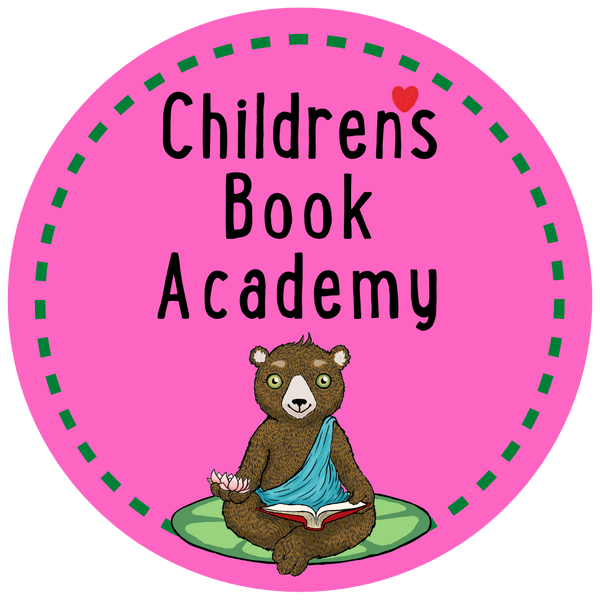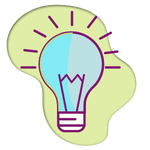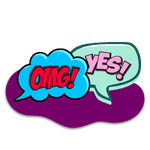|
The title says it all.
It's not your everyday illustrated thesaurus. So what exactly is it then? If I were to be more precise about the contents inside I would have to say a better title might be: The Idea Book. The Word Book. The Idea and Word Activity Book. The Story Sparker Book. The Word Explorer Book. The Book of Endless Possibilities with Words. The Sit and Get Lost for Hours Reading This Book Book. (Just kidding. The last one is a bit ridiculous for a title. It's just too long. But it's the truth. |
If you are a teacher, a student, a writer, or just a lover of words, this book will engage and entertain you.
Here are a few reasons why this book is amazing and you will love it!
Here are a few reasons why this book is amazing and you will love it!
Table of Contents: The book is organized by topics. Browse through the topics and to find what you are looking for. Or skip the contents all together and just skim through the pages to become inspired!
Looking for just the right word for red? Not only will you get the words, but since it is an illustrated thesaurus you can choose the right word with your eyes! Cherry? Tomato? Scarlet? Ruby? Take your pick.
Great resource for those "dead" words like nice and good and said. Teachers, this is a wonderful resource for having a discussion about multiple meaning words. Look how many different meanings nice has.
Character Traits and Feelings: Teachers are constantly trying to build students' vocabulary with character traits and feelings. I love how they have it organized as a topic in this thesaurus.
This book would be a great brainstorming tool. For example, if students will be writing about the night, first have them brainstorm as many "night words" as they can. Use the topic headers as a starting point.
Describing the night:
Nighttime things:
Describing people at night:
Things people do at night:
Then have students use this resource to expand their lists. Just the process of thinking of "words" around a related topic can help students generate ideas for what they want to write about the night while also expanding their vocabulary to use in their piece of writing.
*Plus this book is full of little writer tidbits. Checkout the bottom of this page: Story starters.
Vivid Verbs! Expand students vocabulary and paint a better picture for the reader with a vivid verb. How else can you say the word "look": watch, gaze, observe, peer!
Does your writing need a little pop or sizzle? Try a noisy word or an onomatopoeia.
Brainstorming, brainstorming, brainstorming! Did I mention previously this is a great tool for brainstorming? You know those students (or adults) who just get in a funk and "have nothing to write about?" Choose a topic: Jungle, Monsters, Knights and Castles, Space....and just read through the words.
Or teachers, this could be a great "center" during small group time. Have students choose a topic and use the words to help write a description.
Center Topic: Use page 46 and 47 to help you write about the jungle. Think about what the jungle looks like. What would you see? What would the animals be doing in the jungle?
Or teachers, this could be a great "center" during small group time. Have students choose a topic and use the words to help write a description.
Center Topic: Use page 46 and 47 to help you write about the jungle. Think about what the jungle looks like. What would you see? What would the animals be doing in the jungle?
Center Topic: Write a spooky scene. Use page 82 and 83 to help you get ideas and add description.
Writing a fairytale? Or a twist or a fairy tale? Who will be your character? Where will it take place? What words on page 84 and 85 could cause the "problem" in your story?
Concrete Nouns: If you were writing about the ocean, how specific can you be about what you see? Instead of just fish what kind of fish? Clown fish? Jellyfish? Pufferfish?
(And check out the writerly tidbits for story endings.)
Setting! What words help describe the setting?
This book also has great writing tips and word games at the end of the book!
These are only a few of the amazing things you will find in this thesaurus. This would be a great tool for any classroom teacher, parent, or student and adult writers to have. (Stuck during PiBoIdMo: Picture Book Idea Month for ideas? Make sure you have this little gem on hand.)
This book is published through Usborne Books. They have tons of amazing books.
This book is published through Usborne Books. They have tons of amazing books.
Check it out! Let me know what you think!
If interested in purchasing, use this link. https://d5367.myubam.com/p/5101/not-your-everyday-illustrated-thesaurus-ir
If interested in purchasing, use this link. https://d5367.myubam.com/p/5101/not-your-everyday-illustrated-thesaurus-ir




















